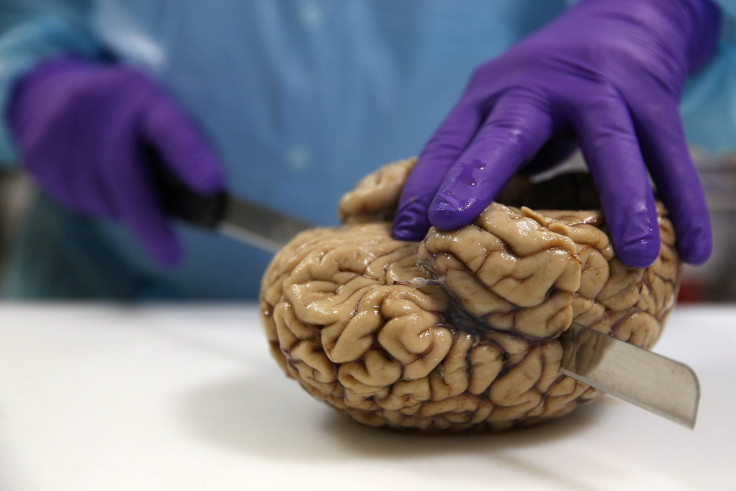Chips In Your Brain Could Help Treat Diseases Better, Faster Recovery

Smartphone chipsets have evolved drastically in the last decade. Major advances in smartphone technology such as facial recognition, performance improvements and mapping are based on the chipset evolution.
Since they bring so much functionality to smartphones, what if the chips could be planted into the human brain? A new venture by smartphone chipmaker ARM and Center for Sensorimotor Neural Engineering (CSNE) at the University of Washington plans to develop a “brain-implantable system-on-chip (SoC)” for bi-directional brain-computer interfaces to treat neurogenerative disorders”. Essentially the company wants to develop smartphone style chipsets, which can be implanted into your brain and help overcome neural diseases such as Parkinson’s.
Read: A 'Higher' State Of Consciousness? Psychedelics Boost Brain's Signal Diversity, Scans Reveal
“ARM’s strong expertise in power-efficient microprocessors compliments the CSNE’s work in computational neuroscience and brain-computer interfacing, and we expect the partnership to lead to advances in not only medical technology but other applications as well, such as consumer electronics,” Dr. Scott Ransom, CSNE’s director of industry relations and innovation said in the press release Tuesday.
CSNE is working to develop a computational understanding of the brain’s processes how it adapts and processes information by using implantable devices.
It will work using brain-implantable chips in combination with a simulator embedded in a person’s spinal cord.
The chipset jointly developed by ARM and CSNE is expected to help decode complex neural signals generated by the brain. The information obtained can then be digitized, processed and acted upon to help control the body’s muscle functions. This could help treat diseases that make the brain degenerate, stop or even reverse the process.
Just like they need to function on a smartphone, brain-implanted chips will need to be small, highly performance efficient and fast. The company will be using the ARM Cortex M0 processor — its smallest one for the research.
An important goal of the chipset is to help out people affected by stroke, spinal injury or paralysis. These diseases restrict a person’s freedom of movement in turn affecting the quality of life. By simulating movement using brain implantable chips, the new technology could help improve such patients’ conditions and eventually, their quality of life. The expectation is that, if the research is successful, it could help patients “effectively overcome their paralysis.”
Similarly, the system could also help doctors re-wire the brain’s neurons to help it recover from a stroke.
Read: Elon Musk Introduces New Company, Neuralink, Which Plans To Merge Human Brains With Computers
Neural research has been off late a subject of interest to the tech industry with industry leaders such as Elon Musk investing in the technology. Musk’s project Neuralink, revealed in March, explores artificial intelligence based technology to build links between a computer and the human brain. Musk too aims to use the technology to treat diseases but interestingly, he eventually wants to create human-computer hybrids.
Smart technology, its scale of innovation and its wide reach has opened up the possibility in other areas such as medicine and even though, currently it is in a nascent stage, it might eventually help in developing solutions for currently untreatable problems.
© Copyright IBTimes 2024. All rights reserved.




















